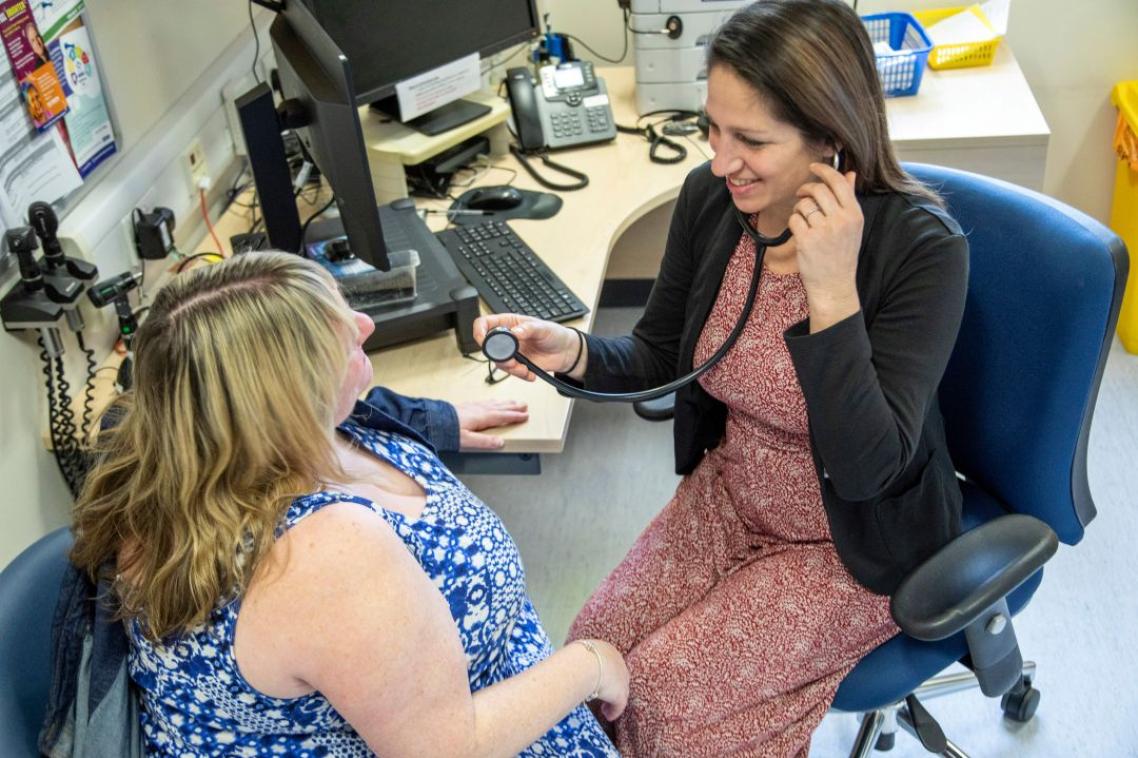Boys or girls don’t run in families

Century-old theories that having girls or boys ‘runs in families’ have been upended by a University of Queensland study, proving parents’ genes do not determine their child’s gender.
Dr Brendan Zietsch from UQ’s School of Psychology said the study was the largest conducted on the often-debated question, and concluded the sex of offspring is essentially random.
“We found individuals don’t have an innate tendency to have offspring of one or the other gender,” Dr Zietsch said.
“The chances are more like 51 to 49 of having a boy, but the genes of the mother and father don’t play any role.
“These findings have crucial implications for biological and evolutionary theories of offspring sex ratios.”
The study used data from Swedish population registers, which includes every Swede born since 1932, equating to 3,543,243 individuals and their 4,753,269 children.
The research team linked all family members and tested whether the sex of a person’s children was associated with the sex of their brother or sister’s children.
Dr Zietsch said the large body of scientific theory around what influences whether someone has boys or girls had been proven to be wrong.
“It was thought that rich or tall parents should have more boys and beautiful parents should have more girls.
“It was also thought that parents’ hormone levels at the time of conception were important.
“Our results rule out all these possibilities and suggest a rethink of offspring sex ratio theory is necessary to properly understand why offspring sex ratios appear to vary, for example, across countries.”
The study was published in the scientific journal Proceedings of the Royal Society B.
Topics
Related articles

Nature versus nurture question addressed in landmark study

A better way to assess cardiovascular health
Media contact
UQ Communications
communications@uq.edu.au
+61 429 056 139
